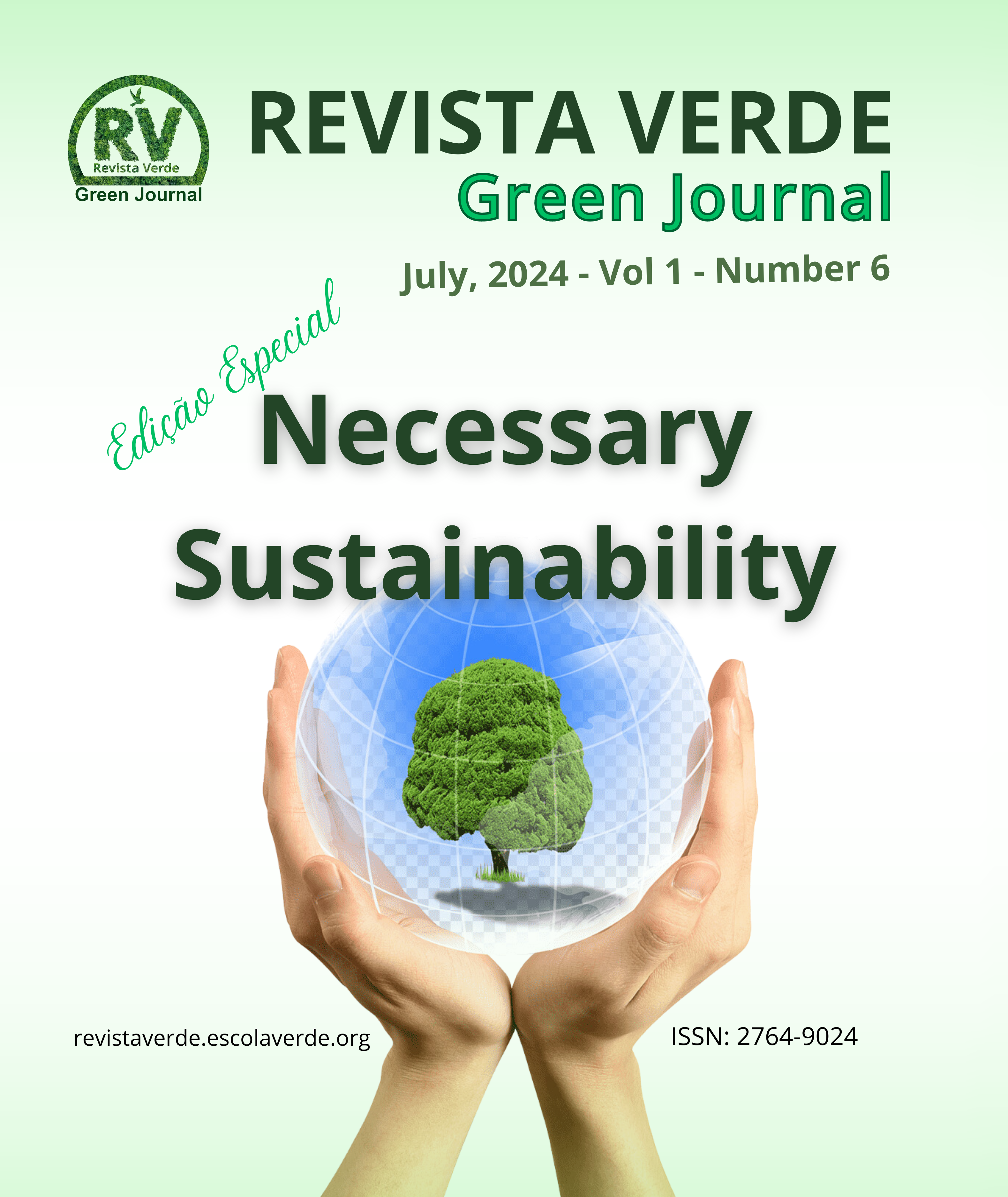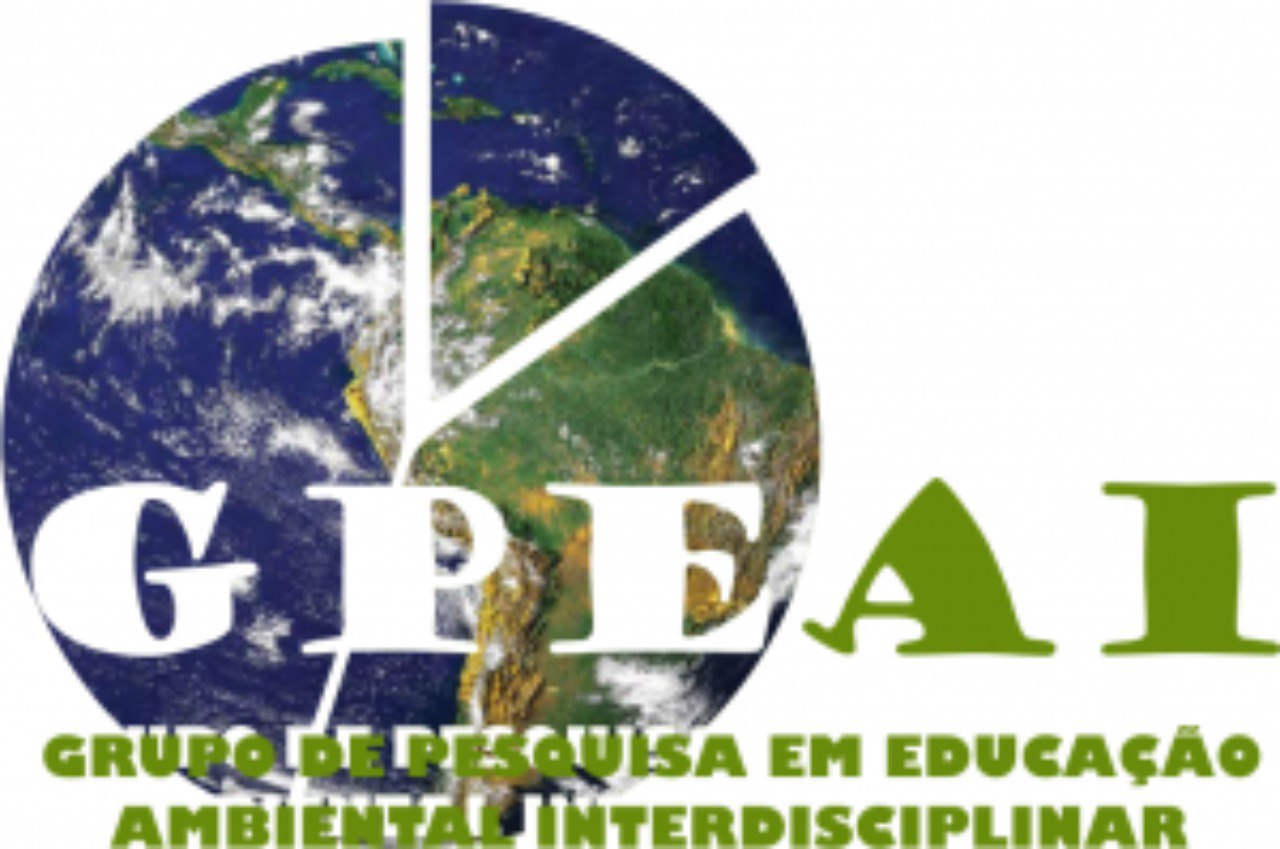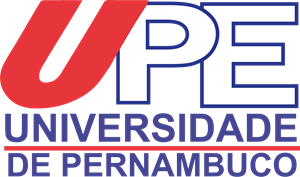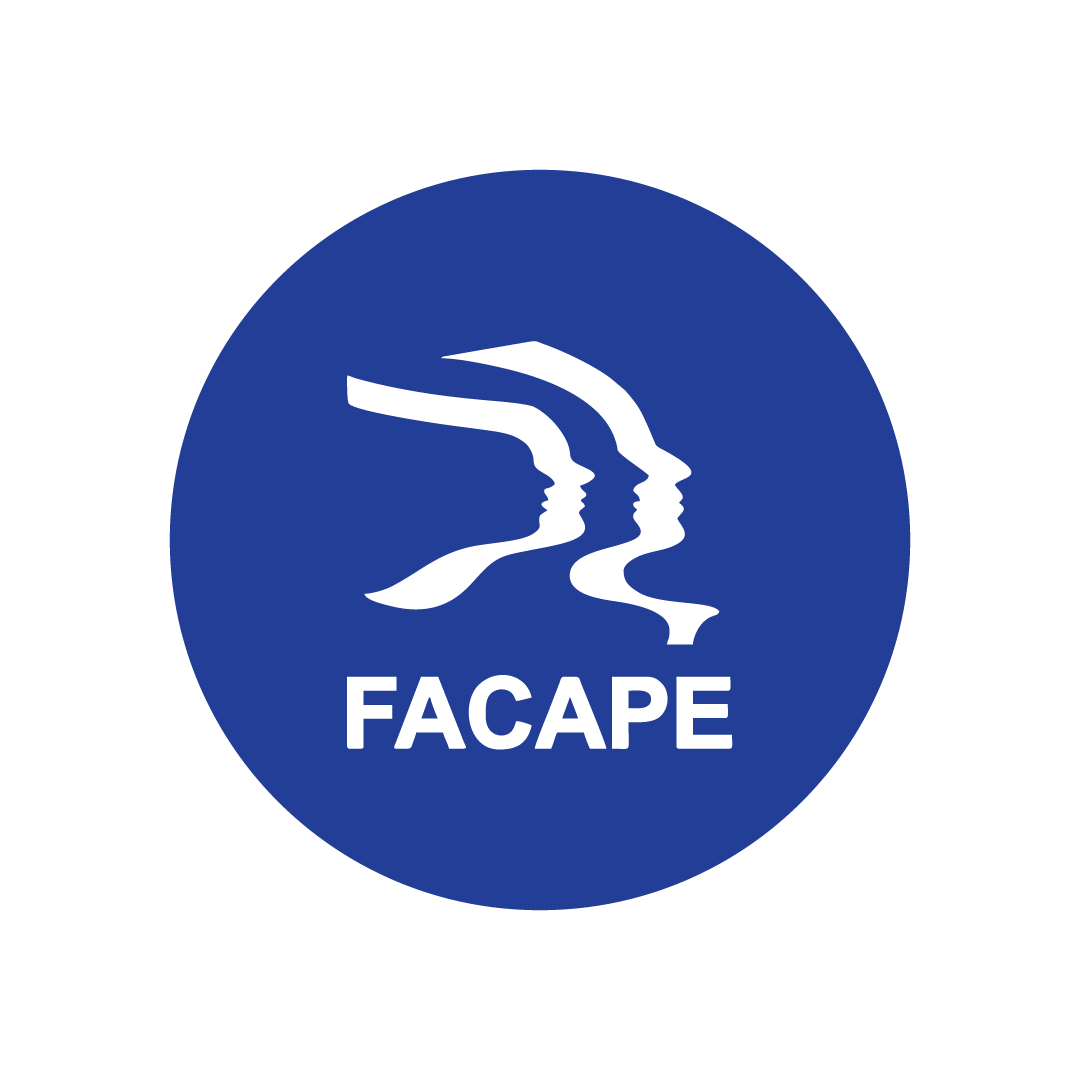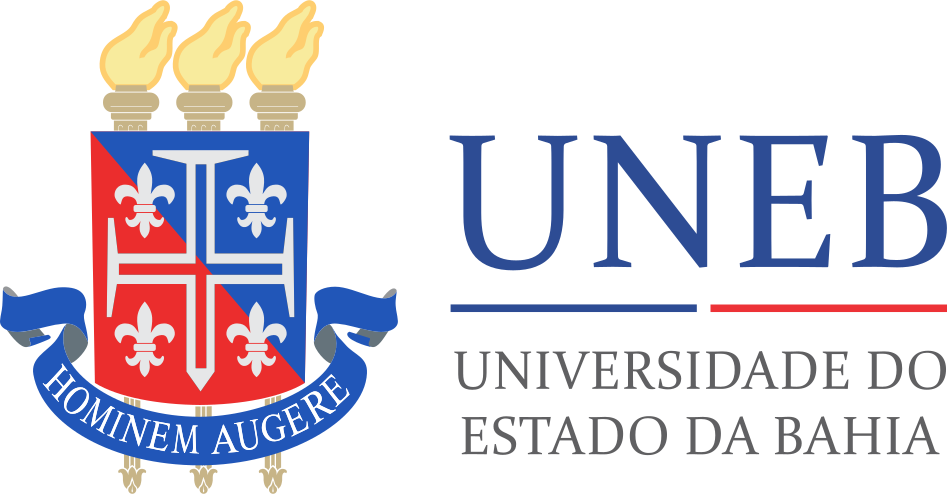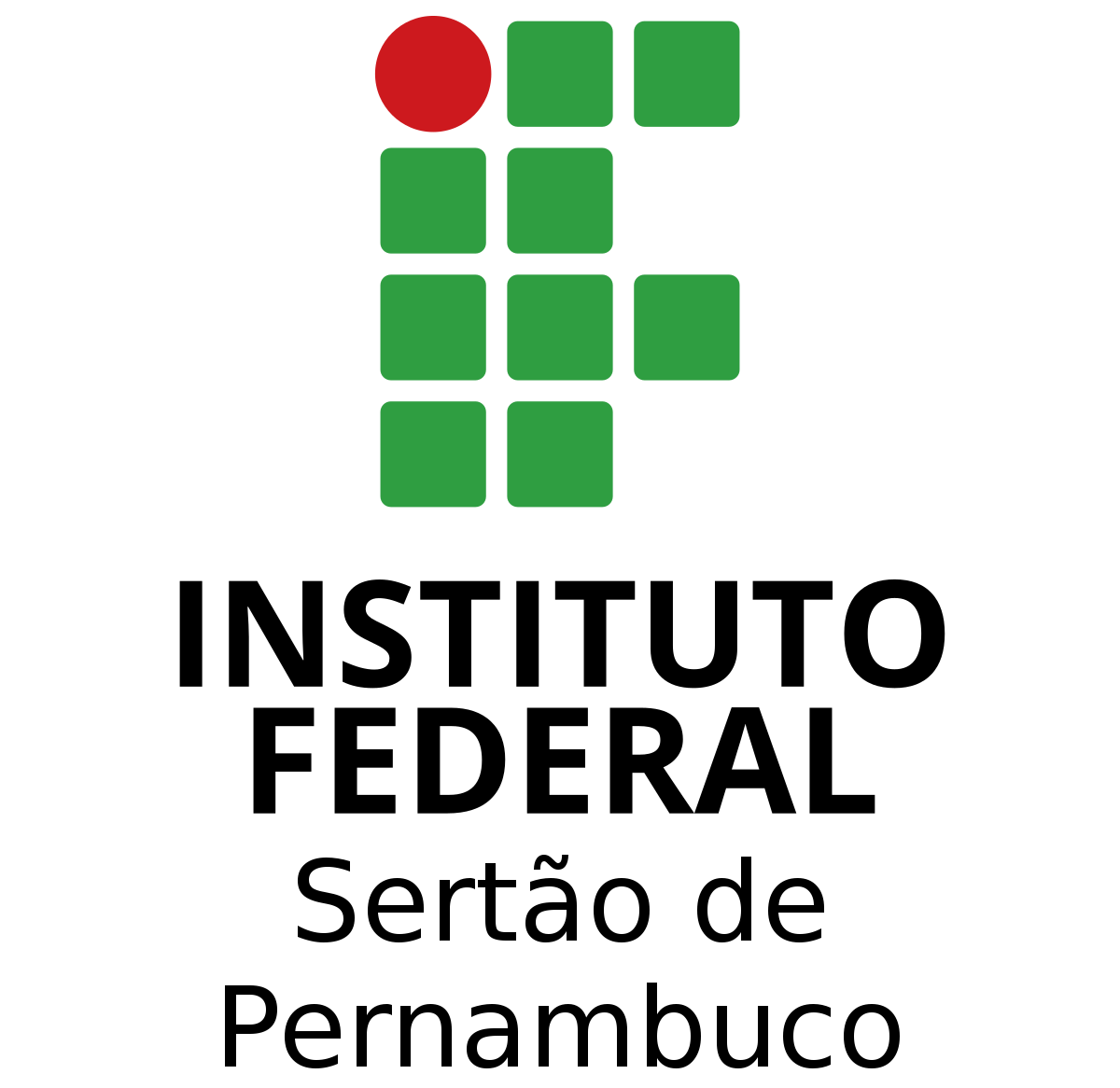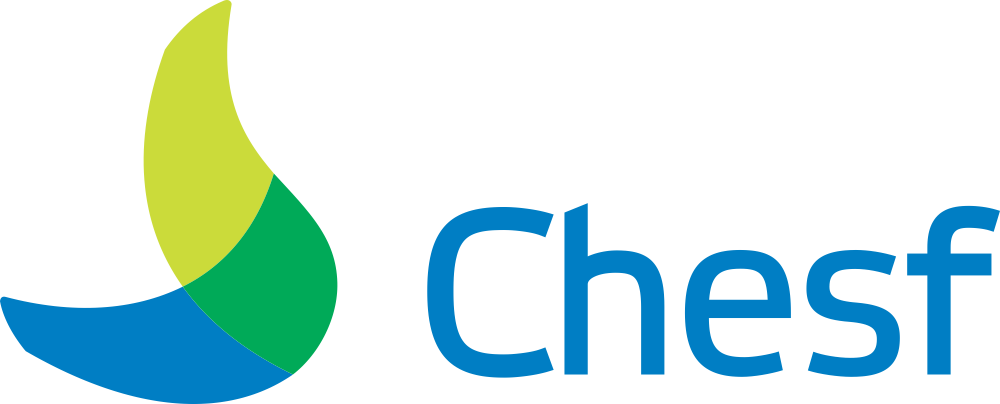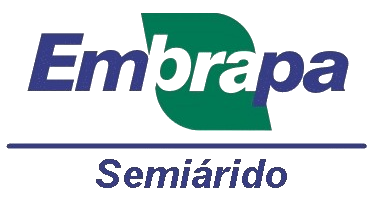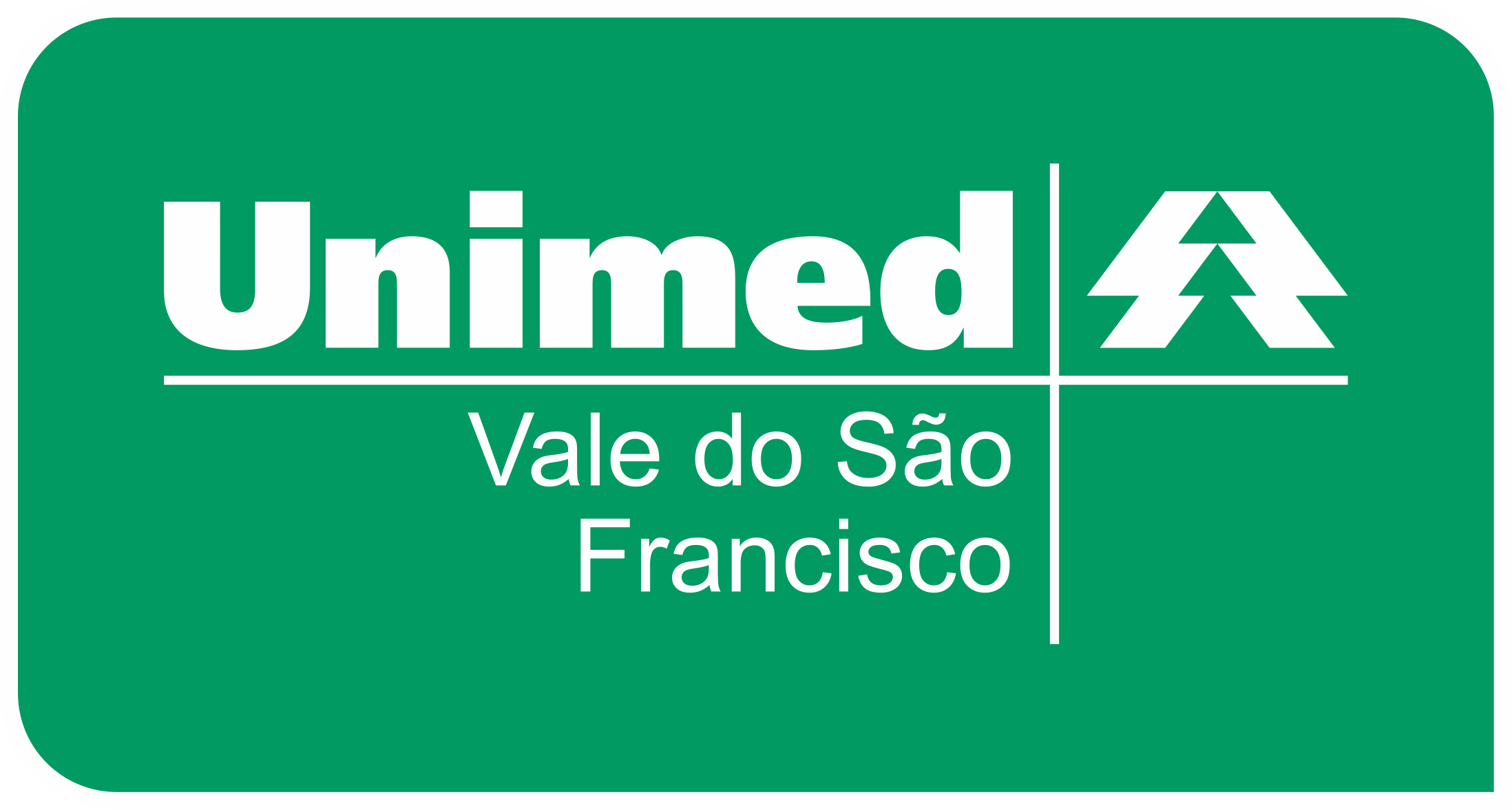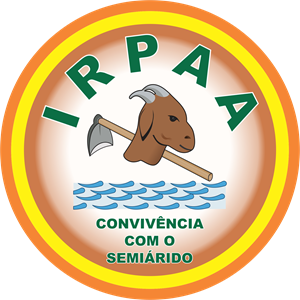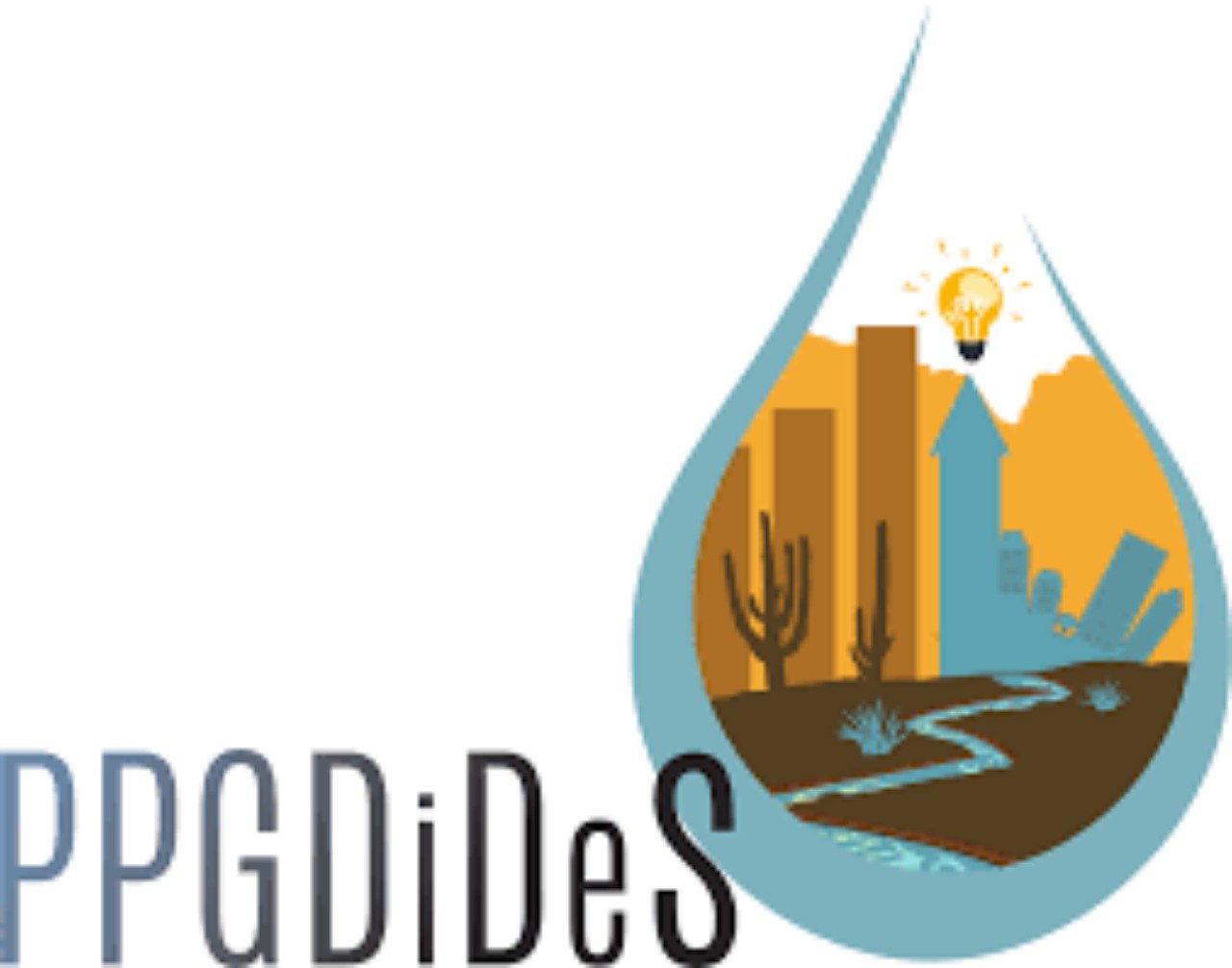Utilization of Anaerobic Biodigester for Organic Waste Management at IFAM/Campus Tabatinga
DOI:
https://doi.org/10.5281/zenodo.12786264Keywords:
inputs, clean energy, raw materialAbstract
The large amount of organic waste discarded in inappropriate locations is one of the major environmental problems. Improper disposal leads to various impacts, such as soil and groundwater pollution. In this context, several effective methods for disposing of these materials have emerged, one of which is through the use of an anaerobic biodigester. This research originates from the Extension Project of IFAM - Campus Tabatinga, and for this study, a domestic biodigester was used with the aim of reusing the organic waste generated at the Federal Institute of Education, Science, and Technology of Amazonas - IFAM Campus Tabatinga, to produce biogas and biofertilizer. The research was conducted at the Federal Institute of Education, Science, and Technology of Amazonas - IFAM Campus Tabatinga, where the biodigester was assembled. The waste was collected from the campus cafeteria and dining hall. After collection, the waste was sent to the Laboratory of Agrarian and Environmental Sciences I (LCAA1) for gravimetric analysis. Following the separation and weighing process, the material was used to feed the biodigester, which had a maximum daily capacity of 4 kg. The system was fed in two stages: the initial activation using sheep manure and subsequently filling the digestion tank with organic waste. Over the three months of the research, 521.800 kg of organic waste and 310.55 liters of biofertilizer were collected. The domestic biodigester model proved viable, as the biogas and biofertilizer were used as inputs for various activities at the Institute, such as jelly and coffee production, and as biofertilizer for the landscaping plants. Additionally, the research provided several benefits, including the utilization of organic matter and raising awareness about selective waste collection.
Downloads
Downloads
Published
Issue
Section
License
Copyright (c) 2024 Green Journal

This work is licensed under a Creative Commons Attribution-NonCommercial-NoDerivatives 4.0 International License.

